Discover the 13 best superfoods to eat after 50 that can support healthy aging and well-being.
Keeping track of health since childhood is necessary. However, instead of consuming healthy diets at a younger age, people prefer superfoods to eat after 50. Therefore, it becomes essential to look after your daily meal and see how much nutrients you are taking daily as most people start to lose energy when they get older. At this age, it is even harder to enjoy margaritas and neglect healthy meals.
Older people need to pay more attention to keep their diet healthy. However, it is more than keeping a balanced diet. Instead, it focuses more on weaker bones, slow metabolism, slow bowel function, and low bone density.
Therefore, older people need a diet plan that contains enough veggies, fruits, seafood, nuts, and meats. However, choosing these meals depends upon the nutrient a veggie or a fruit gives.
Moreover, a healthy diet keeps the blood sugar level and blood pressure in control, reduces the risk of heart disease, and prevents cancer and diabetes.
1. Berries
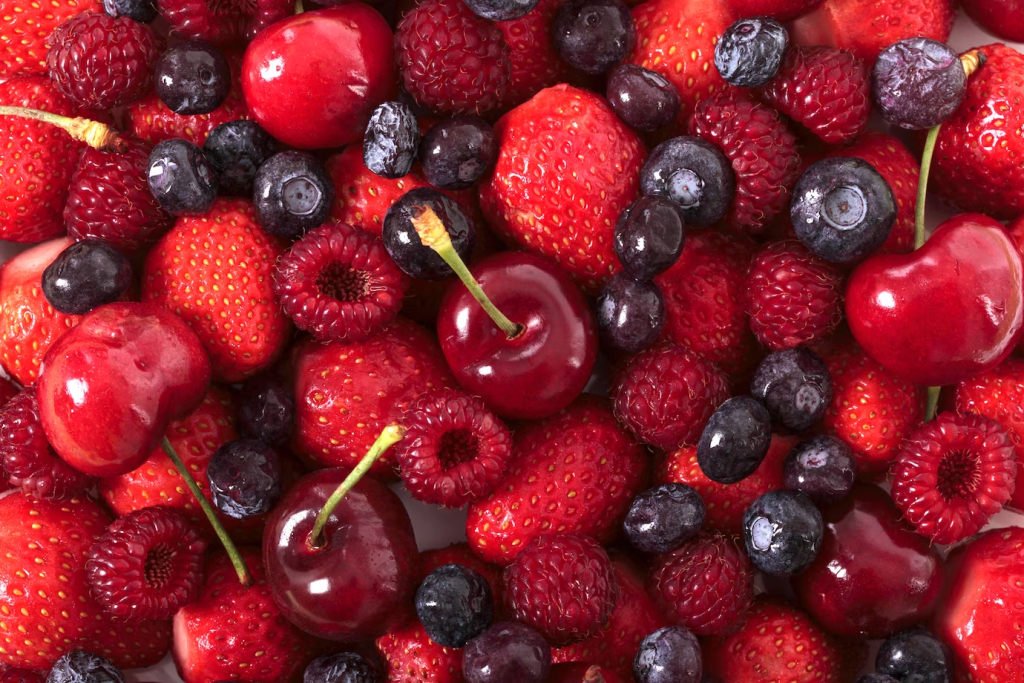
Berries contain the most nutrition altogether. It contains Vitamin C, Antioxidants, flavonoids, anti-inflammatory, and fiber in rich amounts. Fiber helps in maintaining weight and protects the body from diseases such as cancer, diabetes, and heart-related issues. According to health.harvard.edu, older men above 50 must eat about 30g of berries a day, while women above 50 must eat 21g per day.
Berries prove beneficial in keeping the brain healthy as we age. The antioxidant in berries improves short-term memory and motor skills. Therefore, berries serve as an essential component in the MIND diet. This diet contains food and meals that help in neurodegenerative delay.
A study of about 20 years of 2800 older people of 50 and above shows that people who have low consumption of foods rich in flavonoids like apples and berries have 2-4 times higher chances of developing dementia.
2. Dark-green Leafy Vegetables
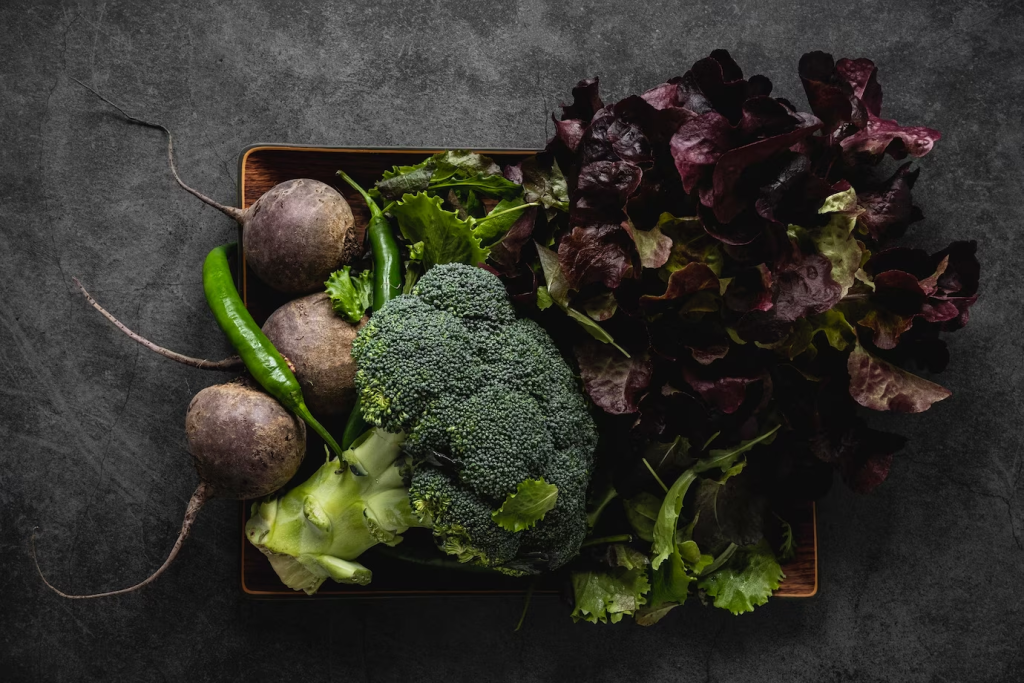
The bones of the human body get weaker and soft with age. Therefore they need calcium. However, one can get calcium from green leafy veggies and dairy with low fat. Leafy veggies like spinach. Broccoli, arugula, and kale contain fiber in a rich amount. They help in keeping the heart healthy and boosting the function of the muscle.
According to sciencedaily.com, people who consume one bowl of green leafy veggies rich in nitrates daily show to have stronger limbs. At the same time, another study of about 23 years of 50 thousand people shows that people who eat leafy veggies have a lesser risk of cardiovascular disease. Moreover, leafy green veggies contain antioxidants in high quantities. These antioxidants remove the risk of getting dementia.
3. Seafood

Fish sources like trout, salmon, tuna, and cod are considered the richest protein sources. However, older people are in utmost need of these proteins to improve their muscle strength. One must take at least 5-6 oz. protein a day. And seafood is considered the richest source. Moreover, older people do not have the efficiency of bearing protein as middle-aged men.
So elderly need to take much consideration when taking any protein source. Moreover, the body needs vitamin B, which seems hard to consume in older age. At the same time, fish contains Vitamin B in rich amounts. Seafoods also contain omega-3 fats. Adding about 2-3 servings per week of seafood reduces about 17% chance of dying of a fatal disease.
4. Nuts And Seeds
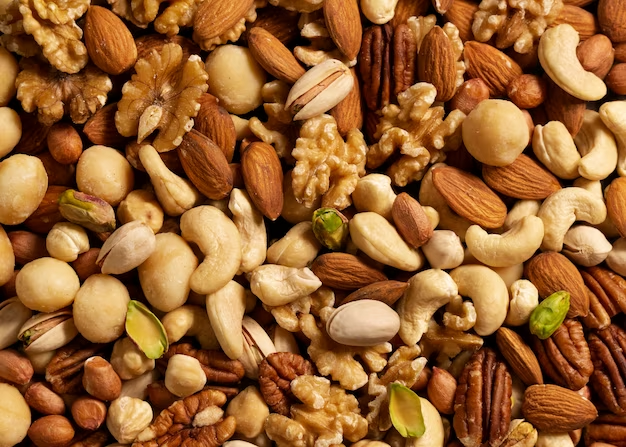
All nuts do not serve equally, yet all are considered good for overall health. They contain fiber and protein in a rich amount and have the ability to make you full. According to some researchers and scientists, one handful of nuts in the afternoon keeps you full till dinner. And you do not even feel hungry at all. The daily recommended intake of nuts includes pecan halves 15, peanuts 13, cashews 18, and almonds 24 in one ounce.
Seeds and nuts play an important role in gaining healthy fats. Chia seeds, flax meal, and walnuts contain ALA-type omega-3 fats. These fats then convert into DHA and EPA fatty acids. Moreover, the daily intake of these omega-3 fats helps in protecting the brain. According to one latest study, eating junk food takes about 36 minutes of your healthy life. However, consuming nuts instead add up to 26 minutes in that healthy life.
5. Cottage & Cheese
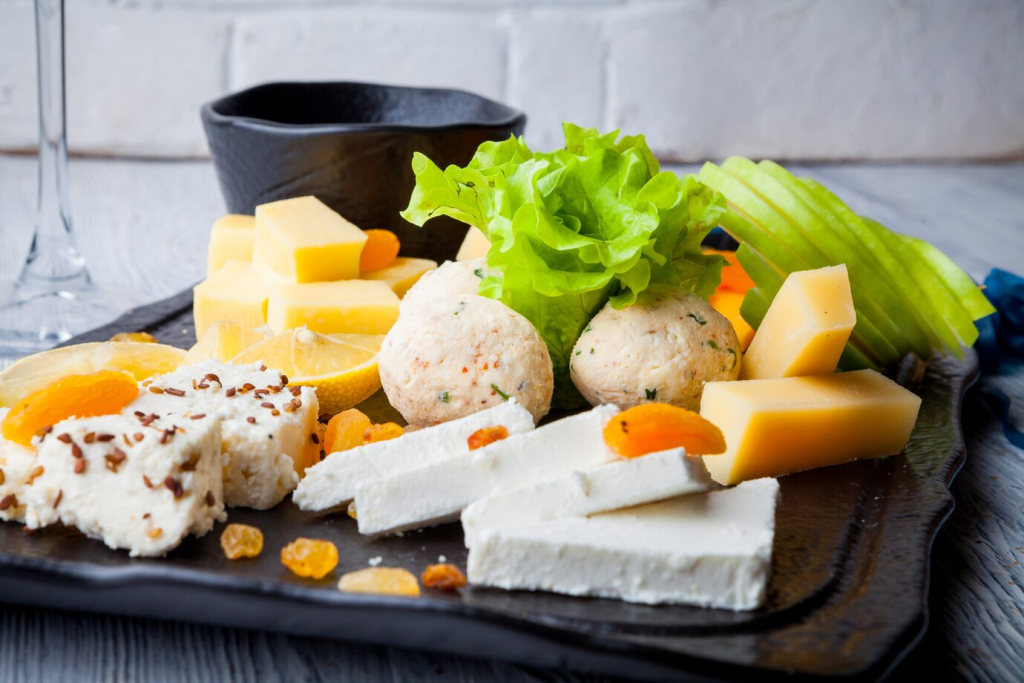
Cottage cheese comes with high Vitamin D and calcium. It is considered one of the best whey protein sources. It helps stimulate the protein synthesis of muscles. Athletes have a habit of drinking shakes that contain whey proteins. However, instead of drinking, cottage cheese is also considered as a substitute.
Human bones start weakening and lose density after a certain age. This age may start from age 35. However, the body needs vitamin D and calcium as an essential element after a certain age. Therefore, adding cottage cheese to the diet helps the body to take essential amounts of vitamin D and calcium. Moreover, one study also showed that it also helps in protecting against the loss of bone in women with postmenopausal.
6. Beans & Legumes
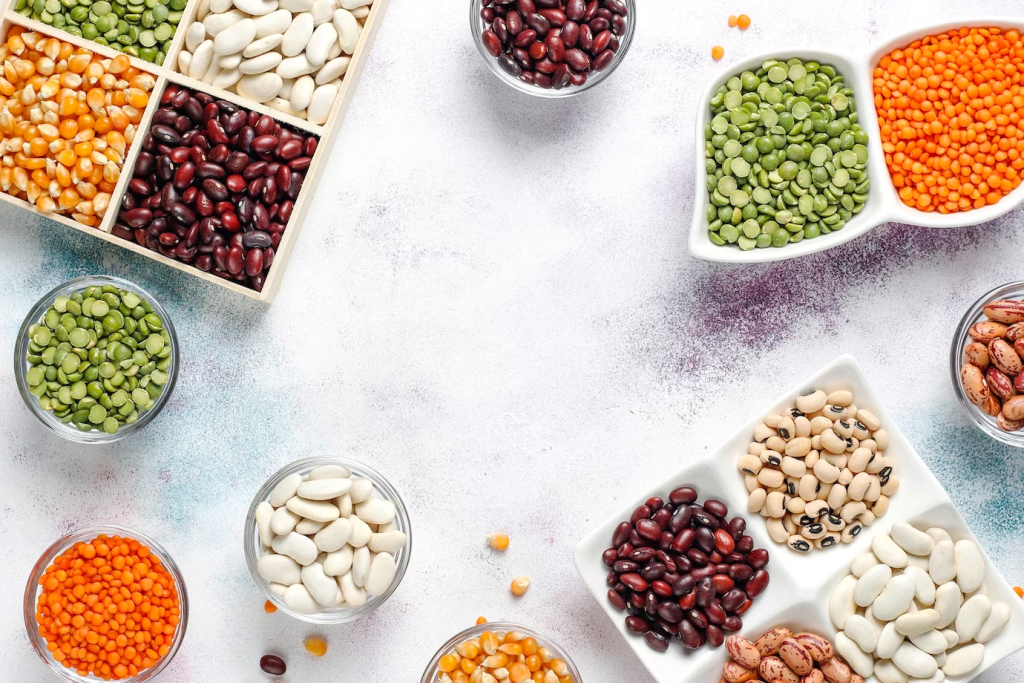
Legumes and beans also come in superfoods. Beans contain protein and fiber in rich amounts with low-calorie. Furthermore, they also contain magnesium and potassium. They aid in reducing cholesterol levels. Try to use dry beans; if not, then look for low-sodium canned beans. Whereas if both are not available, then drain all the water from the regular beans. Moreover, you can also minimize the level of sodium up to 41%.
7. Avocados
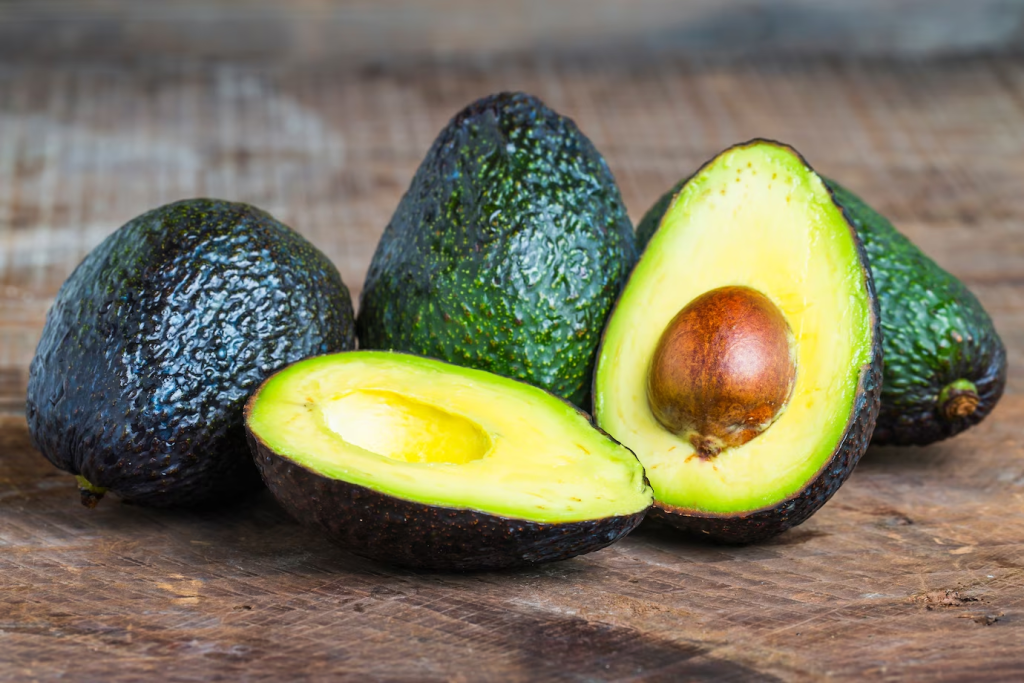
Avocadoes do not just taste good. They literally prove beneficial for our health. A long study of 30 years at Harvard with 110,000 volunteers shows versatile results. People who consume two avocados per week have a lesser risk of heart disease as compared to those who rarely eat them.
8. Beetroot Juice
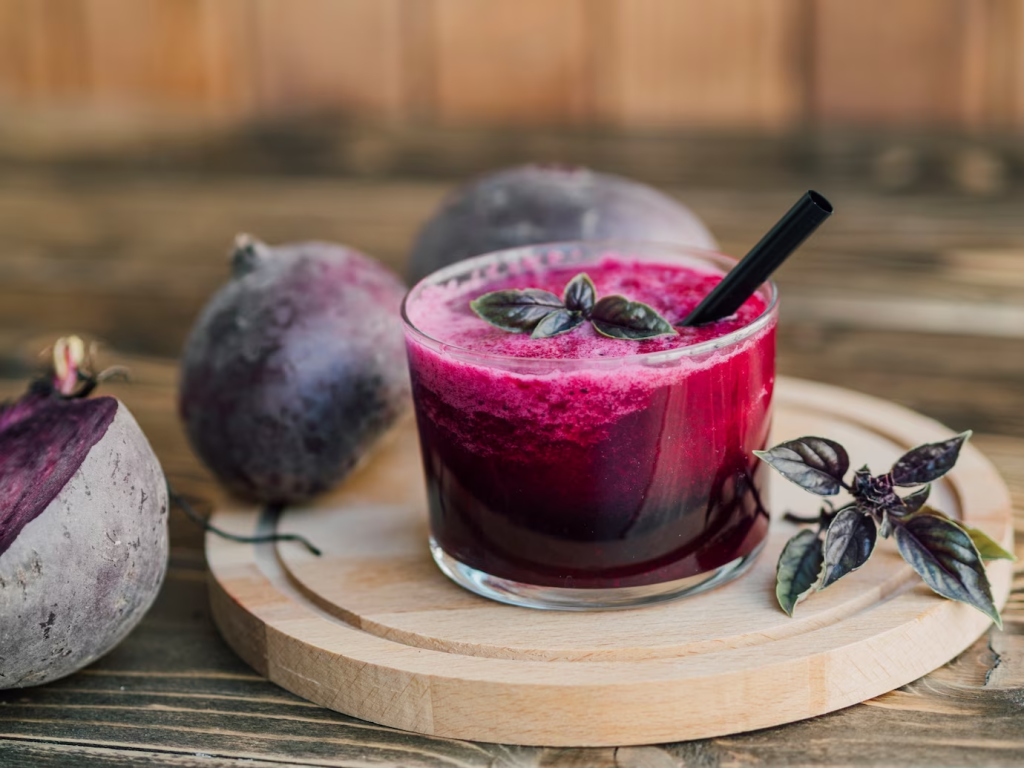
Beetroot juice contains nitrates as rich as spinach. A Gerontology journal conducted a study that shows that when they scan the brain of volunteers that take beetroot juice during aerobic activity. The brains of these volunteers show a resemblance to adults’ brains with more potential for neuroplasticity. This literally means that incorporating beetroot juice with workouts like running or yoga can enhance cognitive performance with aging.
9. Artichokes
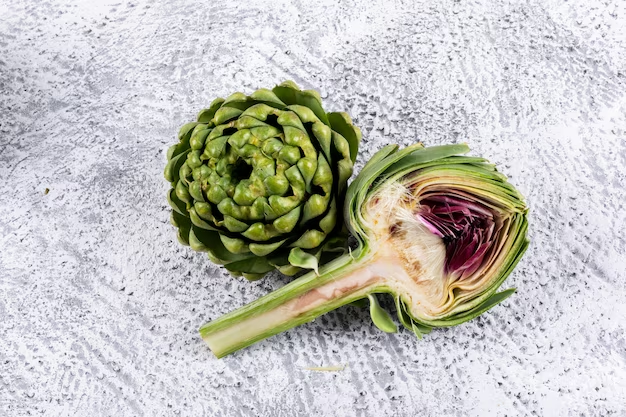
Artichokes are considered one of the richest antioxidant foods. It helps in preventing damage from harmful stressors. These harmful stressors take our whole life to build due to chemical exposure, medications, sun exposure, smoking, and poor diet. The clinical nutrition American Journal states that antioxidants prove helpful in maintaining overall health, especially as a person ages. Moreover, an important fact about artichokes is that it gives off more nutrition only upon cooking it.
10. Plain Greek Yogurt
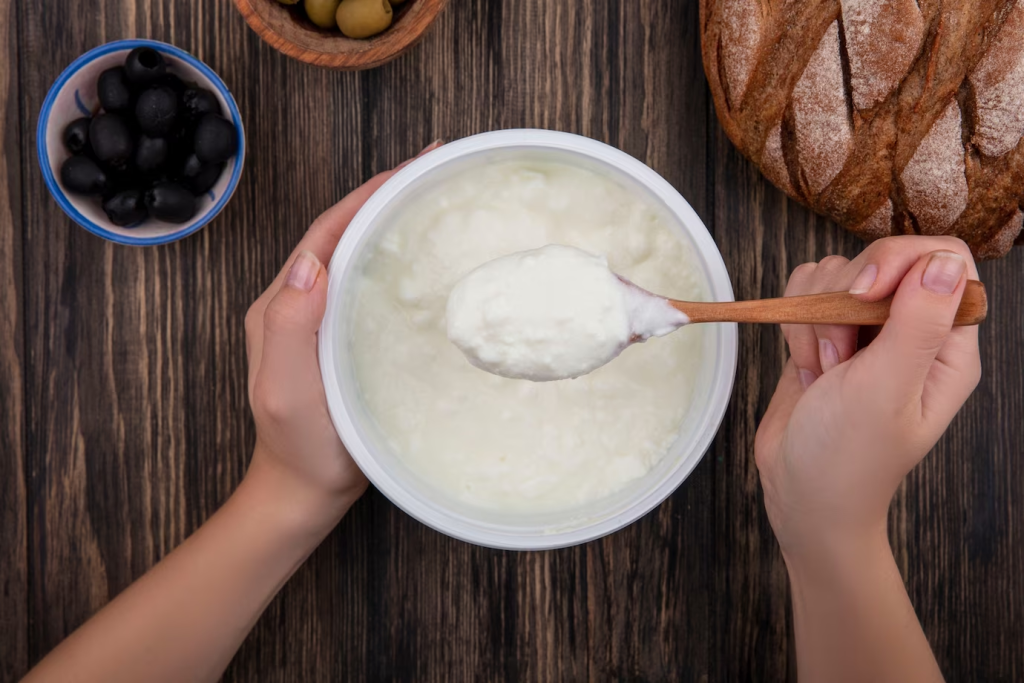
Greek yogurt contains a rich amount of protein. One cup of Greek yogurt contains about 17g of protein and 20% of the calcium in daily intake. Greek yogurt is considered a great superfood for older people above 50. It has probiotics. This helps in maintaining gut health.
Moreover, probiotics also help in preventing infection, boost immune function, and improve digestion. Whereas unsweet, plain Greek yogurt comes with high versatility. It can be used with toppings of berries and granolas. It can also serve as an alternative to sour food cream in some recipes. Moreover, choose yogurt that contains no added sugar and is made with reduced-fat or whole milk.
11. Quinoa
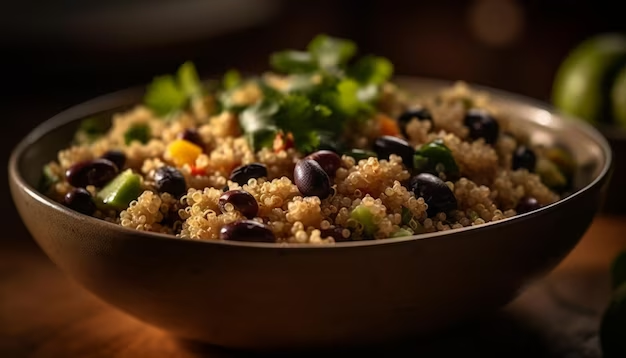
Quinoa refers to a rich nutrient grain. For centuries, quinoa has been grown in South America’s Andean region. It considers a whole protein source. It contains all the vital nine amino acids that a body requires to operate fully. Other than protein, quinoa is also rich in minerals and fibers like phosphorus and magnesium. All these minerals serve as an essential components to make teeth and bones strong and support the overall health of the body.
Several studies have shown that quinoa helps in regulating blood sugar. This, however, proves beneficial for diabetics patients and such concerning people. Because of its rich fiber content, quinoa improves digestion and supports the digestive system to run smoothly. One can incorporate quinoa into their diet in different ways. It can serve as a salad base or in stir-fried dishes as an alternative to rice. Tri-color quinoa is also getting famous recently. It goes well with fish.
12. Dark Chocolate
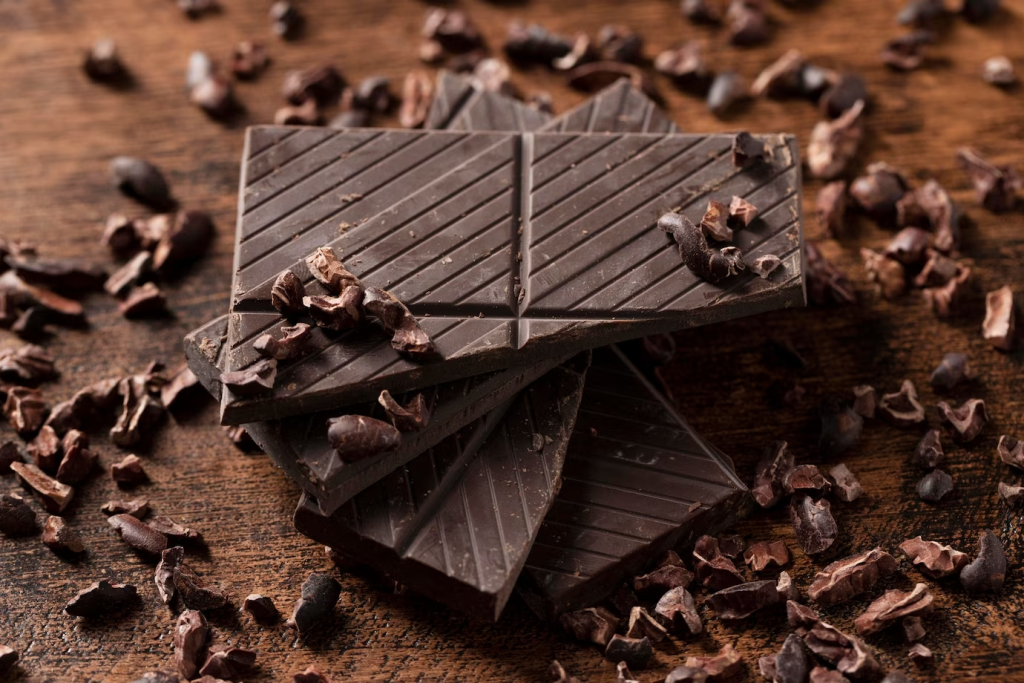
Dark chocolates contain antioxidants in abundance. This prevents the body and reduces the risk of age-related disease. This superfood enhances overall health with age. But still, always consult with the doctor before incorporating any type of food into your diet.
13. Water
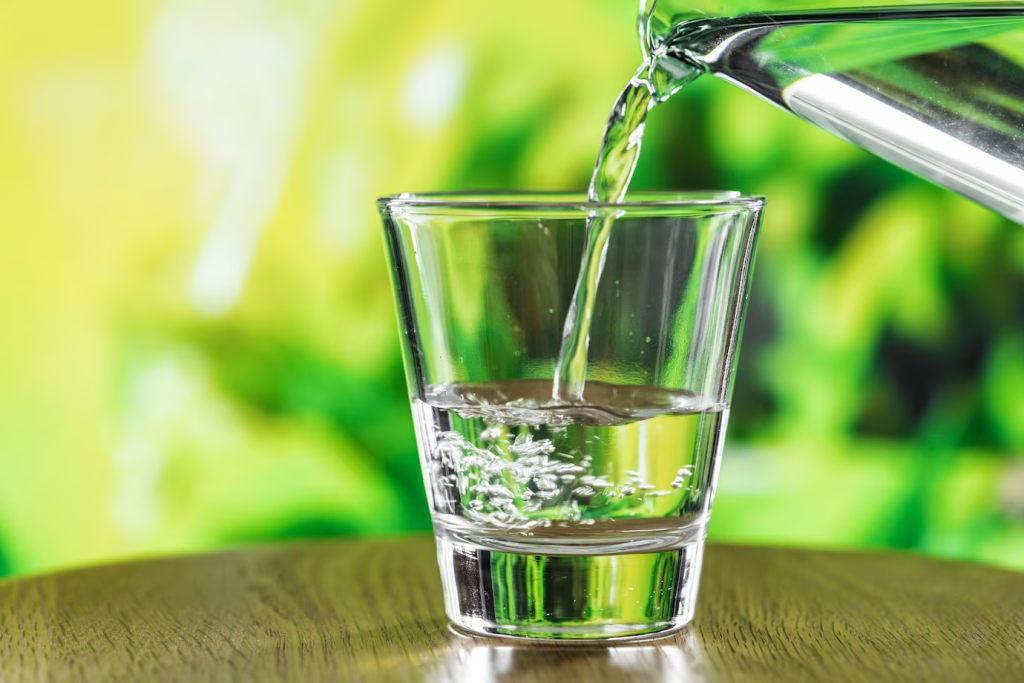
Water does not come in the category of food. But with increasing age, one must pay attention to staying hydrated more. Older people do not have a good first mechanism which means they feel less thirsty. Therefore, try to stay hydrated and take water as much as you can, especially in humid and scorching heat. Moreover, the consumption of additional water prevents bowel function from declining at one age. Furthermore, most of the time, thirst also feels like hunger. Therefore, try to drink water, possibly in high amounts.
Conclusion
With increasing age, the need for a healthy and nutritious diet becomes essential for good health. Therefore, adding superfoods to the diet provides the body with all the necessary nutrients that it needs to operate properly.
Moreover, it also helps in reducing the risk of chronic health disease. All of the above-mentioned foods, like dark chocolate, quinoa, Greek yogurt, broccoli, avocado, spinach, salmon, and blueberries considered superfoods. They prove beneficial for people over the fifties. These superfoods offer various types of health benefits. It not only improves digestion, brain, and body function but also minimizes the chances of chronic age-related diseases.
However, one must realize that these superfoods do not prove beneficial unless you not focus on balancing your diet. This means other than these superfoods, make sure to add lean proteins, whole grains, vegetables, and fruits to your diet. Therefore, a well-balanced incorporation of these superfoods and some fruits and vegetables enhance overall well-being and health while you age.




